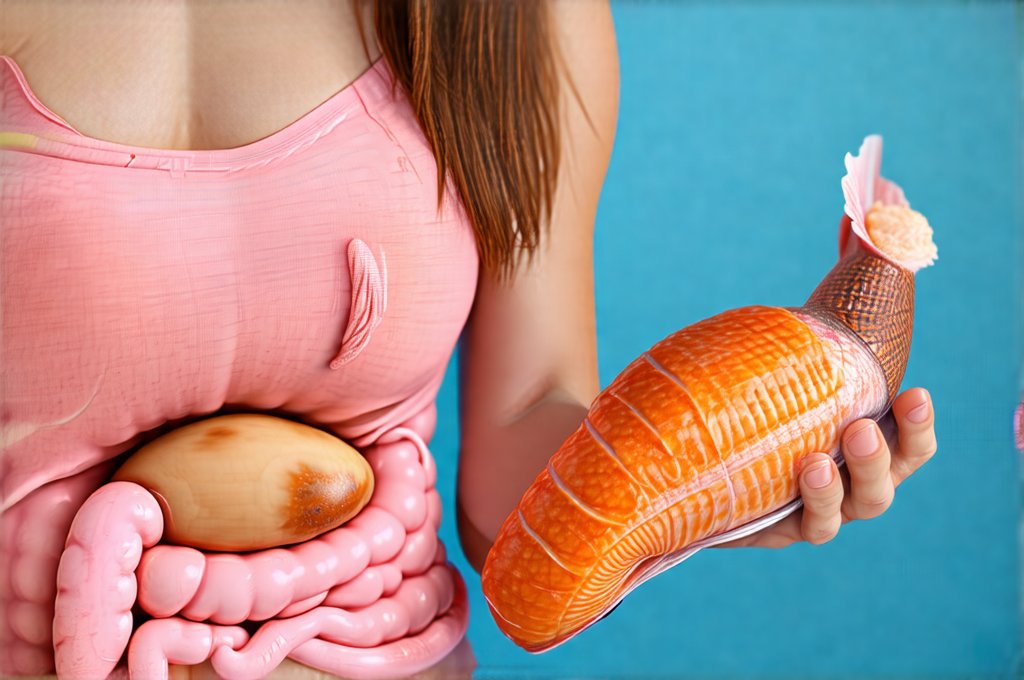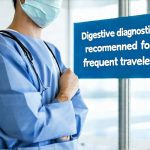The allure of warmer climates often draws travelers south – whether it’s for a relaxing beach vacation, an adventurous exploration of new cultures, or simply escaping colder weather. Yet, beyond the sunshine and scenic views, many individuals experience noticeable changes in their digestive system while traveling, particularly when moving to more tropical regions. These alterations can range from mild discomfort like bloating and altered bowel habits to more disruptive symptoms such as diarrhea or constipation. Understanding why these gut changes occur is crucial for preparing for travel and minimizing disruption during your trip. It’s not necessarily a sign of illness; often, it’s the body adapting to new environments, foods, and routines.
Our gut microbiome – the vast community of microorganisms residing in our digestive tract – is incredibly sensitive to change. Factors like diet, stress levels, sleep patterns, and even exposure to different bacteria can all influence its composition and function. When we travel south, we’re typically exposing ourselves to a combination of these factors simultaneously. This means that our carefully cultivated gut ecosystem back home faces an immediate shift in environment. These shifts aren’t always negative; the body is remarkably adaptable. However, disruption can lead to temporary digestive imbalances, making us more susceptible to discomfort and altering how efficiently we process food. Recognizing this connection between travel and gut health empowers travelers to take proactive steps toward a smoother, more enjoyable experience. If you’re concerned about long-term effects, it’s worth exploring can GERD impact your lungs.
Dietary Disruptions & Food Safety
A major contributor to gut changes during southern travel is the alteration in dietary habits. Many destinations offer cuisine vastly different from what individuals are accustomed to at home. This can involve new spices, cooking methods, and ingredients that our guts haven’t encountered before. While embracing local food culture is a significant part of traveling, it also introduces potential challenges for digestive health. – Increased fiber intake (from fruits or vegetables) can cause bloating in those not used to it. – Spicier foods stimulate gut motility, potentially leading to diarrhea or discomfort. – Different types of fats and oils may be harder to digest than what you’re accustomed to. Furthermore, food safety standards can vary significantly between countries. The risk of consuming contaminated food or water increases dramatically in some regions, exposing travelers to harmful bacteria, viruses, or parasites that disrupt the gut microbiome and cause acute gastrointestinal illness – often referred to as “traveler’s diarrhea.”
Beyond outright contamination, even seemingly safe foods can harbor unexpected challenges. Locally sourced produce might be washed with different types of water, or street food vendors may not adhere to the same hygiene practices as restaurants back home. It’s important to be mindful of where and what you eat. Choosing reputable establishments, opting for thoroughly cooked foods, avoiding ice in drinks, and drinking bottled or purified water are all essential precautions. Proactive hydration is also key, helping to flush out toxins and support healthy digestion. Understanding gut reactions can also help you understand your body’s response during travel.
Finally, changes in meal timing and eating patterns can further contribute to gut disruption. Traveling often disrupts our regular routines, including mealtimes. Irregular eating schedules can impact digestive processes and potentially exacerbate sensitivity to new foods or environmental factors. Our bodies thrive on consistency, and sudden shifts can throw off the delicate balance within the gut ecosystem.
The Role of Hydration & Electrolytes
Dehydration is a common consequence of travel, particularly in warmer climates. Increased sweating combined with changes in fluid intake can quickly lead to dehydration, which significantly impacts digestive function. Water is essential for proper bowel movements; insufficient hydration leads to constipation and discomfort. Moreover, dehydration affects the gut microbiome directly, hindering its ability to function optimally. – Adequate hydration supports the growth of beneficial bacteria. – It helps maintain a healthy gut barrier, preventing leakage and inflammation. – It aids in the elimination of waste products. Electrolytes – minerals like sodium, potassium, and magnesium – are also crucial for maintaining fluid balance and supporting nerve and muscle function, including those within the digestive system. When we sweat, we lose electrolytes, and replenishing them is vital to prevent imbalances that can further disrupt gut health.
To maintain adequate hydration and electrolyte balance while traveling: 1. Drink water regularly throughout the day, even if you don’t feel thirsty. 2. Consider oral rehydration solutions (ORS) containing electrolytes, especially after episodes of diarrhea or excessive sweating. 3. Incorporate hydrating foods into your diet, such as fruits and vegetables with high water content (watermelon, cucumbers). 4. Avoid excessive consumption of alcohol and caffeinated beverages, which can contribute to dehydration. Thinking about gut healing before you go is also a great idea!
Stress & Sleep Deprivation’s Impact on Gut Health
Travel itself can be stressful – from navigating airports and unfamiliar environments to adjusting to time zone changes. Chronic stress has a well-documented impact on gut health, influencing the microbiome composition and increasing intestinal permeability (often referred to as “leaky gut”). When we’re stressed, our bodies release cortisol, a hormone that alters digestive processes and can suppress immune function. This disruption makes us more vulnerable to gastrointestinal issues and reduces our ability to fight off pathogens. Similarly, sleep deprivation – another common travel companion – exacerbates stress and further compromises the gut microbiome.
Sleep is essential for repairing and restoring bodily functions, including those within the digestive system. Lack of sleep disrupts the circadian rhythm, which regulates many physiological processes, including gut motility and nutrient absorption. A compromised circadian rhythm can lead to imbalances in the gut microbiome, increasing susceptibility to inflammation and digestive discomfort. – Prioritize stress-reduction techniques such as deep breathing exercises or meditation during travel. – Aim for at least 7-8 hours of sleep per night, even when adjusting to a new time zone. – Minimize screen time before bed to promote better sleep quality. A mindful approach to travel – prioritizing self-care and acknowledging the potential stressors – can significantly mitigate their impact on gut health. If you notice hoarseness or a sore throat, it may be related to acid reflux caused by travel stress.
Proactive Gut Support: Prebiotics, Probiotics & Fiber
While unavoidable disruptions are part of traveling, proactive measures can help support gut health and minimize discomfort. Incorporating prebiotics and probiotics into your routine before, during, and after travel may offer significant benefits. Prebiotics are non-digestible fibers that feed the beneficial bacteria in your gut, promoting their growth and activity. Sources include onions, garlic, bananas, and oats. Probiotics, on the other hand, are live microorganisms that directly contribute to a healthy gut microbiome. They can be found in fermented foods like yogurt, kefir, sauerkraut, or taken as supplements.
However, it’s important to note that not all probiotics are created equal. – Choose strains specifically researched for travel-related digestive issues. – Consider starting probiotic supplementation at least a week before your trip to allow the beneficial bacteria to colonize your gut. – Continue taking probiotics during and after travel to maintain a healthy microbiome. Additionally, maintaining adequate fiber intake can help regulate bowel movements and support overall digestive health. Incorporating fiber-rich foods into your diet – fruits, vegetables, whole grains – can provide essential nutrients for both you and your gut bacteria. Remember that sudden increases in fiber should be gradual to avoid bloating or discomfort. It’s also good to understand if your gut can adapt to new foods over time.
Ultimately, understanding the interplay between travel and gut health is key to enjoying a smoother, more comfortable experience. By being mindful of dietary choices, prioritizing hydration and sleep, managing stress levels, and proactively supporting your gut microbiome, you can minimize disruptions and fully embrace the adventures that await. Food sensitivities may also play a role in how you feel during travel.


















